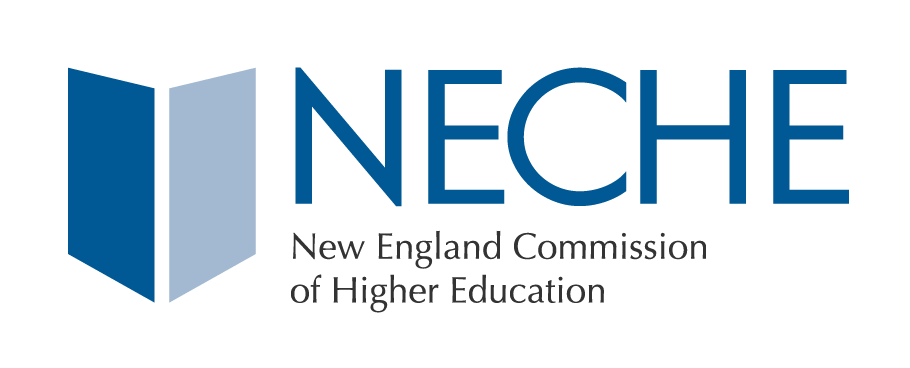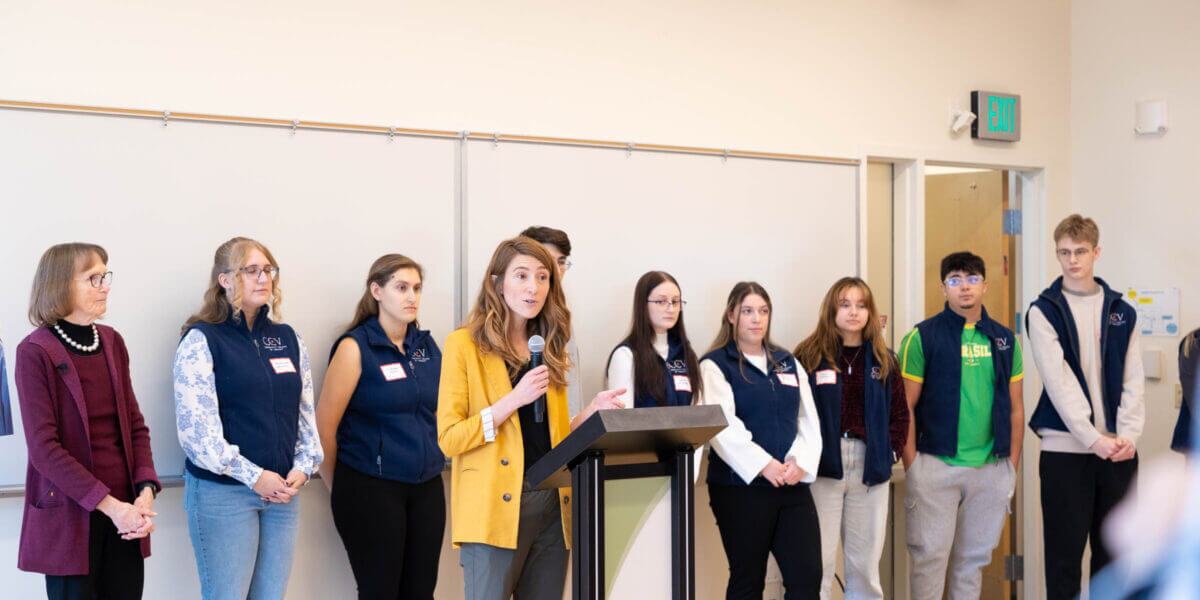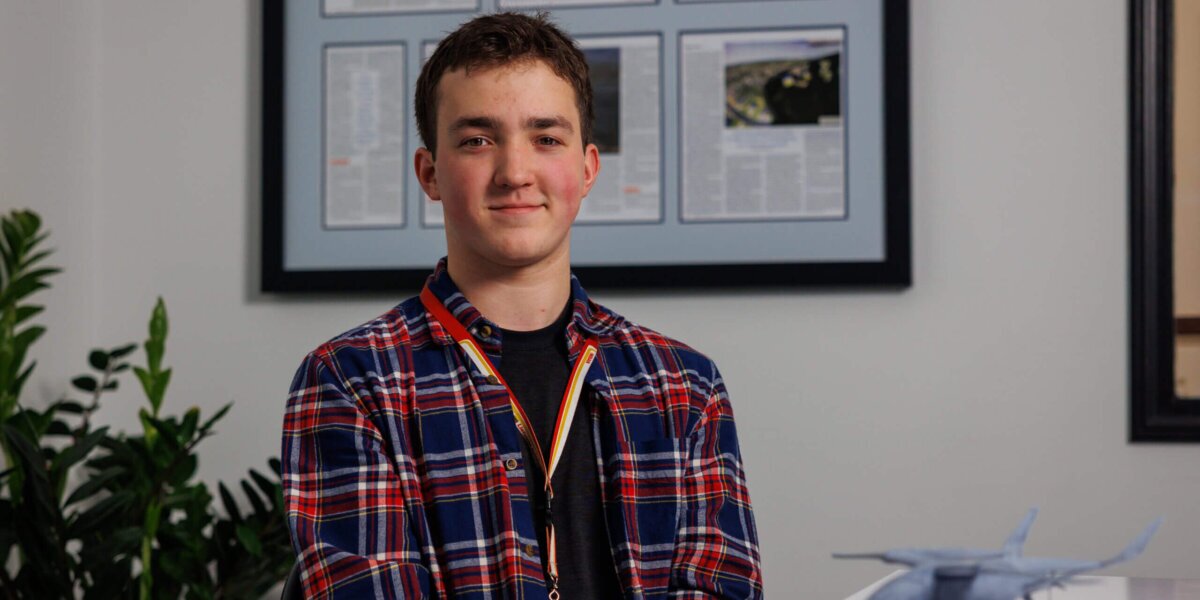The Community College of Vermont is Vermont’s second largest college, serving more than 10,000 students each year. With twelve locations and extensive online learning options, our students don’t have to travel far from their communities to access our degree and certificate programs, workforce, secondary and continuing education opportunities, and academic and veterans support services.
Mission
The Community College of Vermont supports and challenges all students in meeting their educational and career goals through an abiding commitment to access, affordability, and student success.
Vision
CCV is deeply rooted in Vermont communities, providing students opportunities for academic and professional growth through flexible, innovative programs and exemplary support services. CCV will cultivate a rich network of partners through collaboration and workforce development to create vibrant and economically thriving Vermont communities.
Values
CCV holds at its core the belief that education has the power to transform lives, inspire families, and strengthen communities. We believe all people are entitled to a high-quality, affordable postsecondary education, and all students have the ability to learn. The following values guide CCV’s work:
Collaboration
CCV values teamwork across the College and actively reaches out to its diverse communities, developing deep partnerships to achieve shared goals.
Empowerment
CCV empowers its students, faculty, and staff to change their lives in positive ways and become active members in local and global communities.
Engagement
CCV offers small classes, embracing active learning and student engagement as the core of its teaching and learning environment.
Innovation
CCV fosters creative problem solving, responsiveness, entrepreneurship, and the ability to adapt to a rapidly changing world.
Integrity
CCV promotes institutional and individual responsibility, honest and ethical conduct, fairness, and transparency.
Learning
CCV develops the capacity of students, faculty, and staff to fulfill their potential and continually grow.
Respect
CCV embraces diversity and inclusion, and provides welcoming, safe, and supportive learning environments.
Sustainability
CCV is committed to the wise use of resources to offer an affordable college education and to ensure the long-term health of the College. Community College of Vermont is a not-for-profit public institution.
Accreditation
NECHE Accreditation Report 2022 (PDF)
The Community College of Vermont (CCV) is accredited by the New England Commission of Higher Education (formerly the Commission on Institutions of Higher Education of the New England Association of Schools and Colleges, Inc.).
Accreditation of an institution of higher education by the Commission indicates that it meets or exceeds criteria for the assessment of institutional quality periodically applied through a peer review process. An accredited college or university is one which has available the necessary resources to achieve its stated purposes through appropriate educational programs, is substantially doing so, and gives reasonable evidence that it will continue to do so in the foreseeable future. Institutional integrity is also addressed through accreditation.
Accreditation by the Commission is not partial but applies to the institution as a whole. As such, it is not a guarantee of every course or program offered, or the competence of individual graduates. Rather, it provides reasonable assurance about the quality of opportunities available to students who attend the institution.
Inquiries regarding the accreditation status by the Commission should be directed to the administrative staff of the institution. Individuals may also contact:
New England Commission of Higher Education
3 Burlington Woods Drive, Suite 100, Burlington, MA 01803-4514
(781) 425 7785
E-Mail: info@neche.org

CCV Code of Ethics
The Community College of Vermont is committed to maintaining a positive, healthy, and respectful environment for its many constituents. Creating a climate of respect and trust is a responsibility shared by all. This code of ethics seeks to articulate commonly held values which are central to the culture of the College. It is CCV’s way of saying that we care about how it feels to work, teach, and learn here.
Simply stated, CCV strives to provide a working and learning environment that:
- fosters the personal, professional and academic growth of self and others;
- supports and promotes equity, self-reliance, responsibility, competence, and appropriate openness in communication and action;
- regards positively the diversity of experience and opinion inherent in our college community;
- recognizes everyone’s need for physical and psychological well-being and respects the safety of individuals;
- encourages honesty, trust, and personal integrity as the basis for healthy interaction;
- promotes the practice of mutual agreement as the basis for a fair contract; and
- treats people in a fair and just manner.
Representatives of CCV will seek to practice this code of ethics internally as well as externally in our contacts with individuals, organizations, and businesses in our local communities.
Our History
The Community College of Vermont was founded in 1970, and in 1972 merged with the Vermont State Colleges.
CCV has been accredited by the New England Commission of Higher Education (formerly the Commission on Institutions of Higher Education of the New England Association of Schools and Colleges, Inc.) since 1975. Over the years, CCV has received national recognition for its innovative programs and its unique way of bringing college learning to residents in all parts of the state.
Today, CCV serves nearly 10,000 students each year, making its enrollment the second-largest of any college in the state.
CCV Milestones
1970
Governor Deane Davis creates the Vermont Regional Community College Commission (VRCCC). Peter Smith is hired as the first president, and VRCCC opens its doors in Montpellier with 10 courses and 50 students.
1972
VRCCC becomes the fifth member of the Vermont State Colleges (VSC) system and is renamed Community College of Vermont.
1973
CCV holds its first commencement, awarding eight associate degrees.
1975
CCV earns its first accreditation from the New England Association of Schools and Colleges.
1979
CCV weathers a legislative budget crisis with grassroots and media support and escapes a narrow brush with dissolution.
1980
CCV receives its first Title III and TRIO grants from the U.S. Department of Education to expand locations and services to students.
1981
President Myrna Miller shepherds the College through a period of academic reform and codification of the curriculum, refining its student-centered approach to teaching and learning.
1983
VSC transfers its Office of external Programs to CCV, making its Assessment of Prior Learning (APL) program integral to CCV. The College joins the information age with the installation of microcomputer labs in site offices.
1984
CCV completes its expansion with the addition of the Middlebury academic center. With 12 locations statewide, CCV is now within 25 miles of 95% of Vermonters. CCV’s commencement tops 100 graduates.
1986
CCV offers its first summer residency course, Exploring the Humanities, at Trinity College in Burlington; a precursor to study abroad, hybrid courses, and intensive course delivery models of the future.
1989
After record enrollment growth over the decade, CCV forges formerly autonomous academic centers into a single, statewide institution, a change that is critical for what is to come in the 1990’s and beyond.
1992
CCV deploys its “Virtual Campus,” linking its administrative offices and twelve statewide locations via networked computers.
1993
Beginning with revisions to its associate degree requirements, CCV undergoes a profound shift in the way it views, manages, and evaluates academic programs. The result is a move from a single associate degree to 17 individual programs of study that conclude with a capstone course that all students take prior to graduation.
1995
CCV awards 300 associate degrees as the College celebrates its 25th anniversary.
1996
CCV offers its first online course, Introduction to Political Science.
1998
CCV and the University of Vermont sign a long-sought articulation agreement guaranteeing CCV graduates admission to UVM College of Arts and Sciences, the first of many transfer pathways to come.
1999
CCV establishes the Endowment for Student Success with a gift of $25,000 and the stated purpose “to establish gifts in aid to assist deserving students.”
2000
CCV enters into a memorandum of agreement with Vermont Tech in an effort to enhance and systematize access to resources and to provide statewide library services to students through the new Hartness Library. Online Learning reaches 5% of all-college enrollment.
2001
CCV Dean of Administrative Services Timothy J. Donovan is installed as president. CCV develops Introduction to College Studies (ICS) for high school students to support successful transitions to college. The following year, CCV played a significant leadership role in establishing the Fast Forward program, which created the first dual enrollment opportunities for Vermont high school students.
2003
Students age 22 years and younger reach 33% of CCV’s population.
2005
CCV builds a facility in the Upper Valley, which becomes the first of four academic centers owned by the College, including those in Montpelier, St. Albans, and Winooski. CCV celebrates its 35th anniversary with 437 graduates.
2006
Ten years after offering its first online course, CCV’s Center for Online Learning becomes the College’s second largest academic center with 20% of CCV’s enrollment.
2009
CCV joins a nationwide movement to become more data-driven in its strategic planning and decision-making, and the Lumina Foundation invites CCV to become an Achieving the Dream college. Joyce M. Judy becomes CCV’s seventh president.
2010
CCV celebrates its 40th anniversary and the opening of an energy-efficient facility in Winooski. The College establishes Veteran Support Services to help soldiers returning from Iraq and Afghanistan access their military education benefits. This is the first of several programs supported through philanthropic grants from the J. Warren and Lois McClure Foundation and other major donors.
2011
CCV builds on the success of the Governor’s Career Readiness Certificate, and renews its focus on meeting workforce demands and connecting college to career, when it receives the first of two federal TAACCCT grants, leading to the launch of new degree programs designed collaboratively with Vermont employers. 531 students graduate from CCV.
2012
CCV welcomed students to a larger, more modern leased facility in Rutland and CCV-Montpelier moves its academic center to an expanded facility at 660 Elm Street to join the College’s central administrative offices. CCV provides significant support and leadership in the writing of Act 77, the Flexible Pathways bill, which provides opportunities for Vermont high school students to take college courses for free.
2014
Nearly 600 students graduate from CCV. CCV Brattleboro moves to its new home in the historic downtown Brooks House.
2017
CCV’s part-time faculty votes in favor of representation by the American Federation of Teachers union, and after six months of negotiation, CCV signs its first faculty contract, representing the College’s continued commitment to progress, innovation, and service to Vermont students and communities.
2018
Amid demographic, technological, and cultural change, CCV increases organizational capacity and sustainability by making bold changes to staff roles and curricular programs, with the belief that the future of higher education will be designed with innovation and courage.
2020
CCV celebrates its 50th anniversary!
2021
CCV St. Albans relocates to downtown St. Albans and welcomes students in-person during the fall semester.
Explore CCV Stories – a casual oral history of the College.





